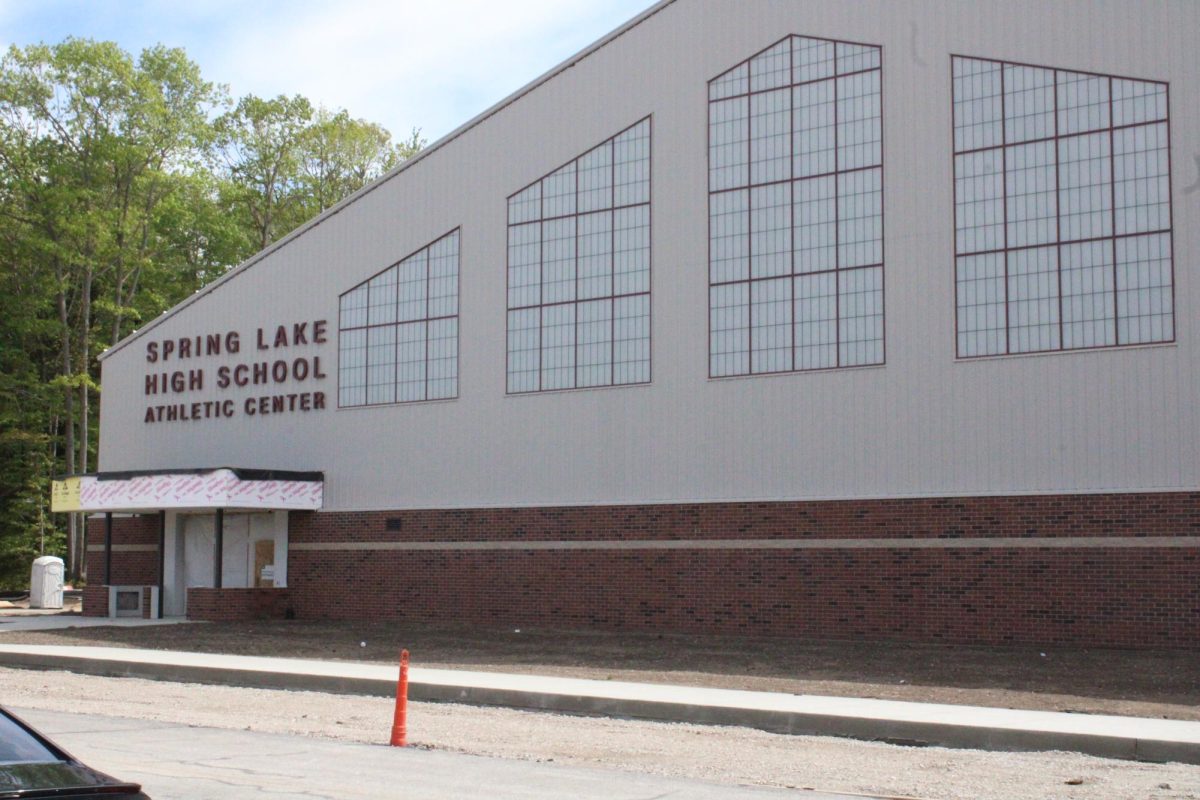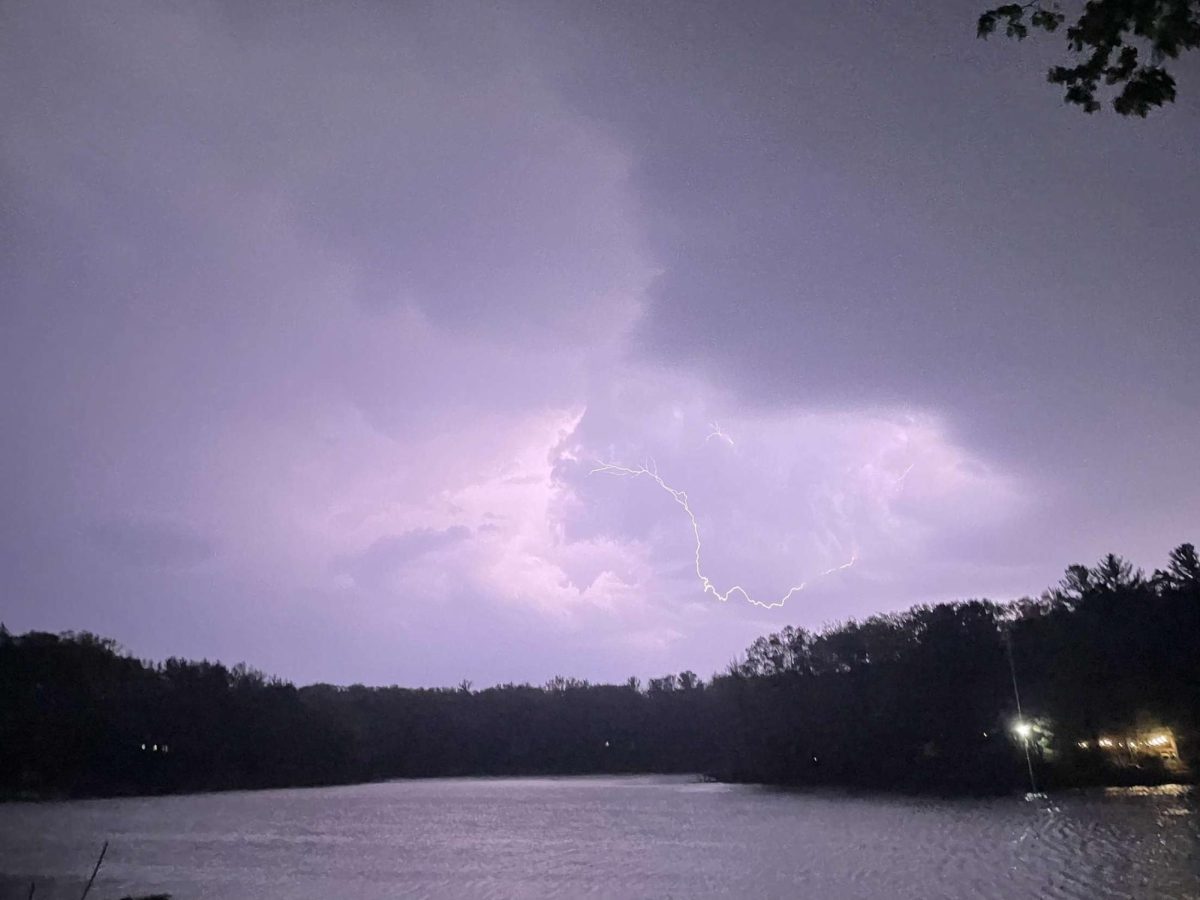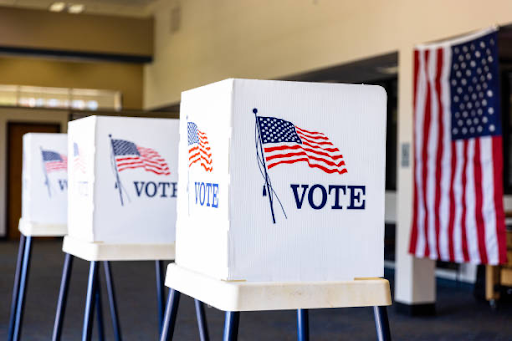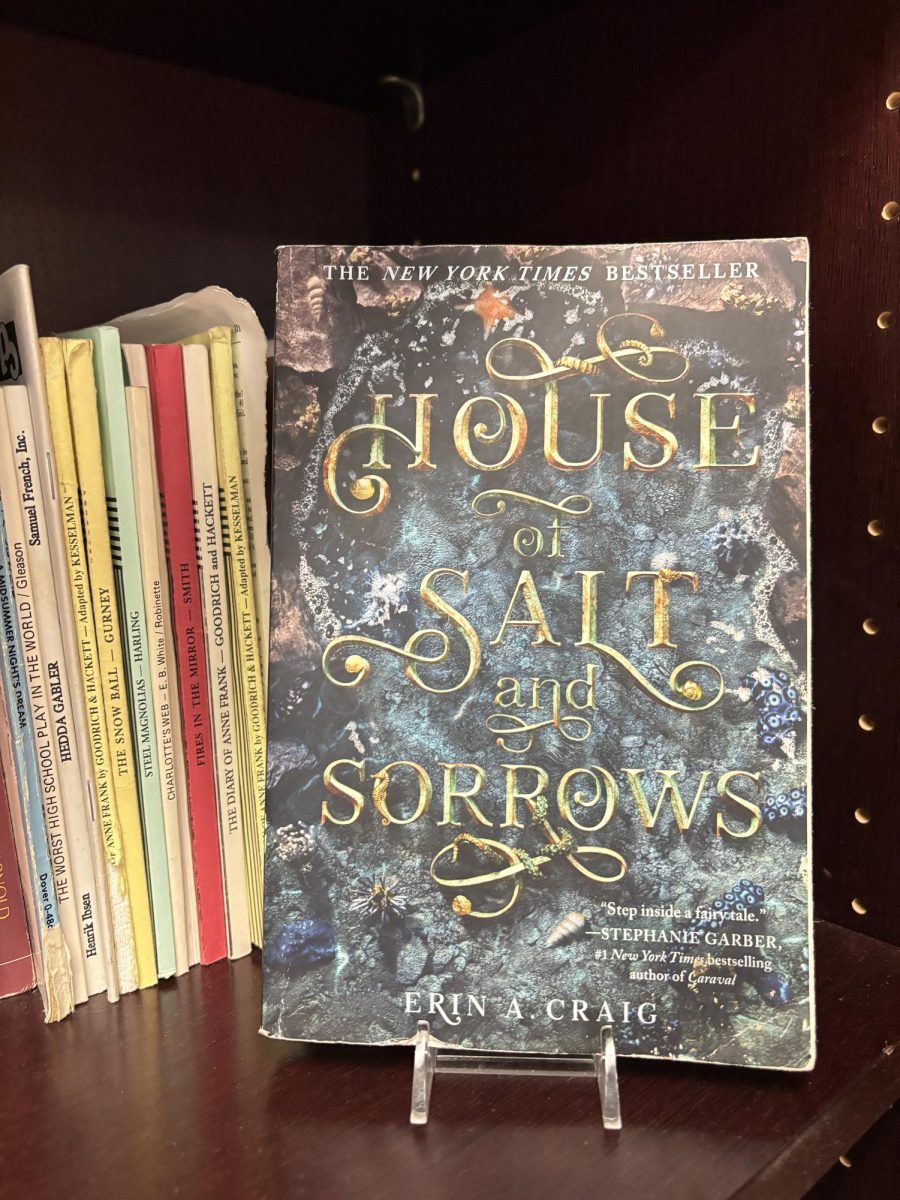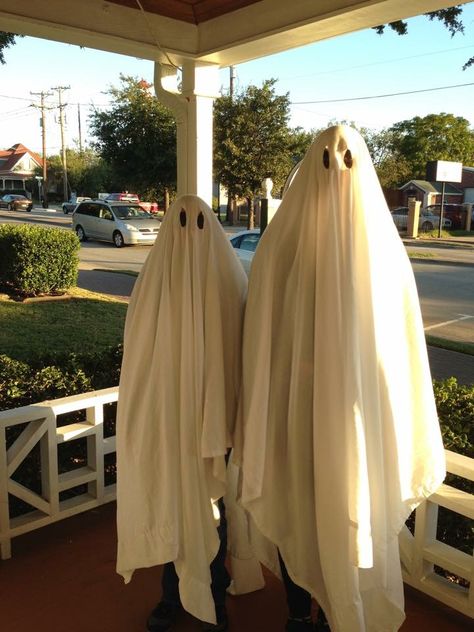Is Daylight Savings Time Really Worth It?

December 12, 2022
We are all familiar with the changing of the clocks that comes twice a year. Whether we benefit from an added hour of sleep or feel a little drowsy the next mornting from losing an hour, it is easy to wonder: what is the point? I have asked this question countless times but never have received a concrete answer. Here’s my take: clock changes are confusing and outdated.
Why? The answer is quite simple. Daylight savings time (which occurs between March and November and involves the advancing of the clocks) began during World War I in England and the United States in an effort to save fuel and power. By extending daylight hours during the summer and main harvest seasons, workers could continue to do their jobs without having to tap into precious resources such as artificial light and electric power. Sure, in this context, daylight savings time was great. But why ever switch back to standard time? Some say it is to grant us more light during winter mornings. Mostly, the switching of the clocks allows us to use natural daylight more efficiently.
But, is this really practical in our current world? Considering that the United States is one of the few countries that practice this rare time shift, I am not sure if this is necessary. The number of jobs that require natural daylight, and cannot function under artificial light are diminishing. Furthermore, energy is more easily accessible and affordable for the average person. Because of this, changing the clocks is seemingly impractical.
So, do we stay on standard time, or daylight savings time? In my opinion, daylight savings time is more beneficial year-round. Based on the average 9-5 work schedule, having daylight for longer in the afternoon is more preferred. Individuals then have time to enjoy outdoor activities after work, and not have to do them in the dark. Also, practicing daylight savings would increase the safety of commutes home from work, as there is more light during later hours, which has been correlated with lower crime rates, considering that statistically most violent crimes occur during the night.
In all, the changing of the clocks needs to go. It is an outdated method, and hopefully our sleep schedules will see some relief in the coming years.
